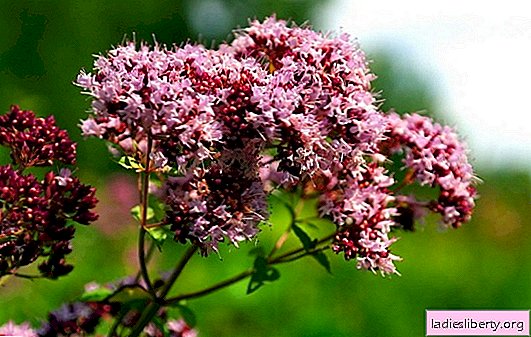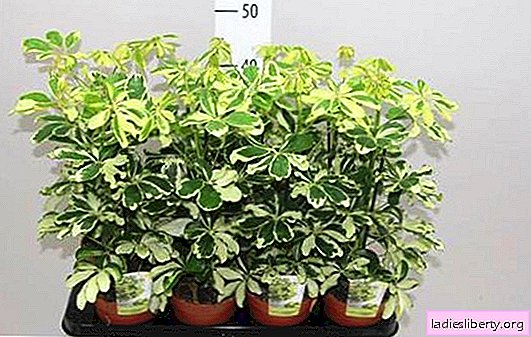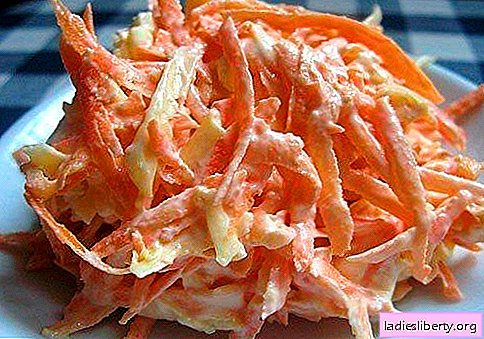
Origanum common (synonym: oregano) - a type of oily herbal plants that are used in cooking and alternative medicine. Oregano is an important plant in Italian and Greek cuisine; it is usually used as a flavor in the kitchen. The edible part is the leaves.
Oregano has high antioxidant activity due to phenolic acid and flavanoids.
Oregano oil is obtained by steam distillation. For this purpose, fresh leaves and twigs are crushed and then placed in a cauldron. To make one liter of oregano oil, one ton of plants is needed. The healing properties of oregano are due to the high content of bioflavonoids.
The main ingredient of oregano oil is 60-70% carvacrol and less than 5% thymol. Oil disinfects and promotes digestion as well as appetite. The effectiveness of oregano ingredients can be seen in the plant itself, which is almost never exposed to pathogens or fungi.
Oil extracted from plant materials is resistant to mold even at 50,000 dilution.
A British study found that oregano works better against methicillin-resistant Staphylococcus aureus (MRSA) than 18 antibiotics. Even with a 1: 1000 dilution, the oil effectively killed bacterial pathogens.
MRSA is one of the scariest bacteria with multidrug resistance. Each year, about 800,000 people in Russia become infected with a pathogen. Nearly 40,000 of them die from it. Especially in hospitals, the bacterium has excellent conditions for reproduction and development.
Antioxidants help the body defend itself against free radicals. Free radicals are aggressive oxygen compounds that damage and sometimes severely destroy healthy cells. Antioxidants are just traps for such free radicals. Oregano is the third most powerful antioxidant product.
Free radicals are caused by normal processes in the body, such as breathing, nutrition, or exercise; it is normal and is part of life. UV radiation, nicotine and alcohol consumption, stress, or the ingredients of certain drugs are just some of the additional factors that contribute to the formation of free radicals.
Oregano: indications to use
Bacterial skin lesions.
Doctor's comment: oregano oil acts against bacterial strains that have developed a certain resistance to modern antibiotics. Such bacterial strains were produced in hospitals where doctors prescribed excessively antibiotics. In a clinical study, the antibacterial effect has been repeatedly proven. The exact mechanism of action is still unknown.
The main indication of oregano is superficial bacterial invasion.
Due to its strong antibiotic effect, the oil can also be used against other infectious problems. Especially with respiratory and ear infections, oil has proven to be a good treatment. The effect of oregano oil on respiratory infections was also demonstrated in one study.
Before using oregano oil - consult your doctor!
Protozoal infections.
Doctor's comment: oil not only effectively fights bacteria, but also acts against larger parasites that live in the human body. They pass through unwashed fruits or vegetables into the digestive tract, where they can cause serious health problems. Patients often lose a lot of weight. The most famous, of course, is the tapeworm, which can grow up to 23 meters in length. Oregano oil kills parasitic infestations, but efficacy has not been proven in a 2011 retrospective study.
Indigestion
Doctor's comment: Origanum common helps with dyspepsia, because it has a strong antibacterial and anti-inflammatory effect. Due to the increase in blood flow in the wall of the stomach, the production of more gastric juice is stimulated. This may explain the digestive effect of oregano. Due to the increased concentration of gastric juice, digestible food is better digested.
Muscle pain.
Doctor's comment: To eliminate pain in joints or muscles, it is often recommended to use oregano oil. The clinical efficacy of oregano in myalgia or arthralgia has not been proven in any large randomized trial, so the effect is most likely comparable to placebo.
Oregano is able to enhance local blood circulation, but with infectious diseases it can do more harm than potential benefit.
Herpes simplex virus.
Doctor's comments:oregano has neither virocidal nor virostatic activity. Long-term use helps eliminate bacterial and protozoal invasion, but with fungal and viral diseases, a phytotherapeutic agent is useless. According to a French clinical study, applying oregano oil to areas affected by the virus can increase pain and local inflammation.
Other indications.
Doctor's comments: oregano for women, contrary to common misconceptions, the plant does not help smooth the skin. It also does not eliminate dandruff and gynecological diseases, since fungicidal substances are absent.
Oregano is not dangerous in itself, but it can cause certain side effects. Oil has a blood-thinning effect, so people taking anticoagulants should refrain from taking the plant. However, this can help “normal” patients improve blood quality and prevent thrombosis, or the onset of stroke and heart attack.
Long-term consumption of oregano oil can negatively affect the ability to absorb iron. It is forbidden to take a plant for a long time.
Even pregnant women, newborns and children under 2 years old should refuse to consume marjoram ordinary. An absolute contraindication of oregano is an allergic reaction to the components of the plant.
Oil has a strong irritating effect on the skin, so it is forbidden to take it in its pure form. Important ingredients of the oil evaporate only at a certain temperature. During inhalation, keep your eyes closed to prevent possible irritation. If the patient wants to use oregano oil for oral problems, it is recommended to put 3-4 drops in warm water and use the rinse mixture.
Oregano: application at home
Mix 2 drops of undiluted oregano oil with approximately 230 g of water and apply several times a day to the affected areas. Do not rinse and allow the solution to dry. For small patches of skin, it may be sufficient to wipe a swab moistened with oregano.
Doctor's comment: oregano is used externally and can help fight skin fungus and treat skin irritation. It is forbidden to use it outside in its pure form, otherwise it may cause irritation of the skin and mucous membranes.
The use of oregano is not recommended externally.
Oral administration.
Doctor's comment: for the treatment of fungal or bacterial diseases, it is recommended to use 1 drop per day and slowly increase it to 3. Therapy can be continued for 10 days, and then continue for a maximum of a week. If during this time there is no improvement in symptoms, you can continue treatment for another 1.5 weeks with the same dose.
For acne, allergies, and rashes, it is necessary to externally apply the oil. First rinse your face with clean water and then spread oil on it. Do not use the solution again, let it dry. Apply twice daily. The first effects should be visible after 7 days.
Doctor's comment: with allergic reactions, oregano oil is dangerous, because it enhances regional blood circulation. Application to eliminate acne gives mild effects that are comparable to placebo. Consult a doctor and he will choose a more effective treatment!
Oregano for women and men helps with bacterial and protozoal diseases, but is ineffective with viral and fungal infestations. Take oregano oil is allowed after consulting a doctor. Self-medication is not recommended.











